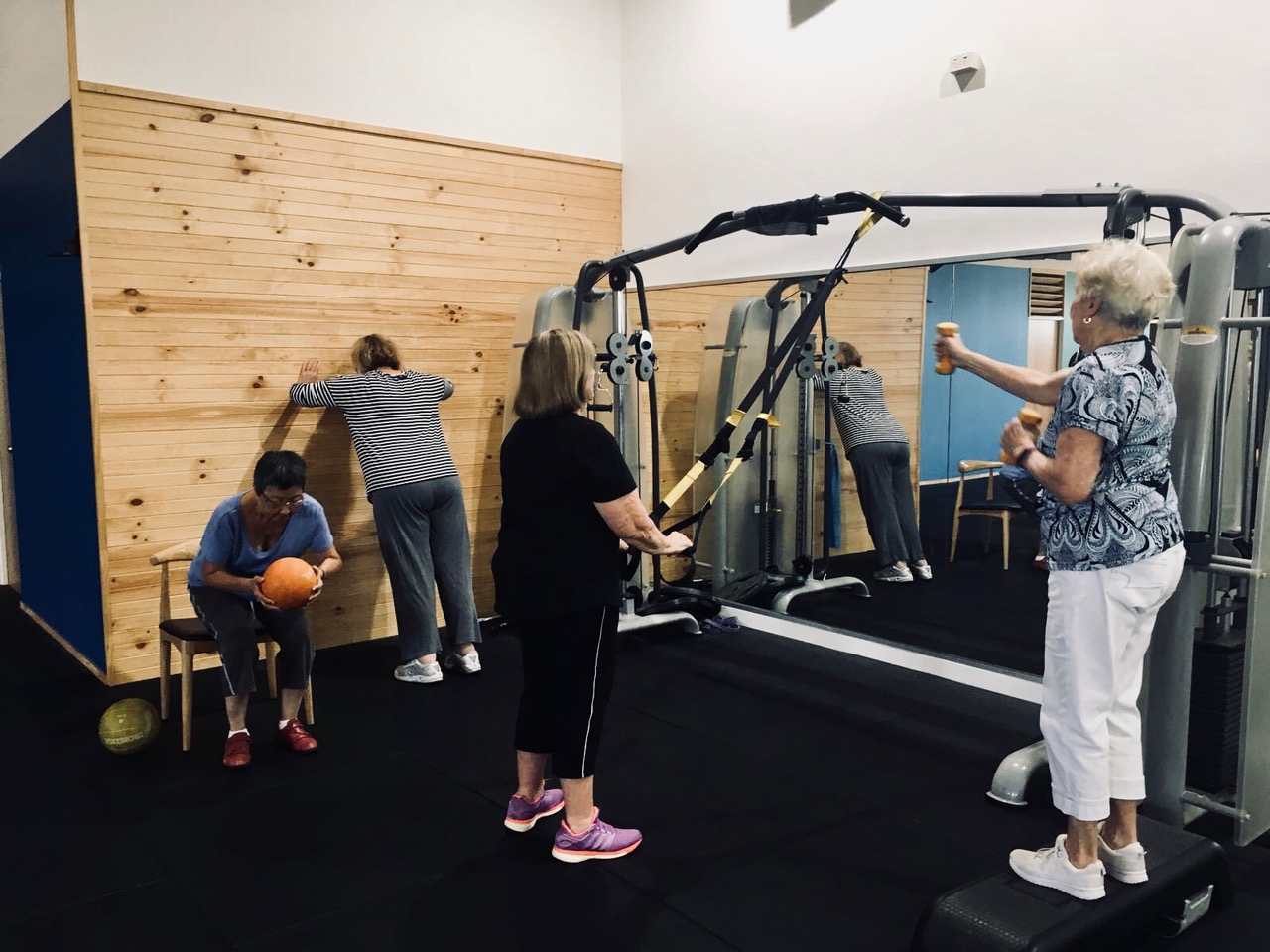THERE are no medical conditions where at least some exercise is not helpful.
Dr Elissa Burton research fellow at the School of Physiotherapy and Exercise Science at Curtin University advises speak to your doctor before starting an exercise program, especially if you haven’t exercised recently.
“I’d be surprised if he or she did not recommend some exercise appropriate to the condition.
“If, like more than 50 per cent of seniors, you have osteoarthritis building up your strength is important. You need to develop muscles to support your damaged joints. Exercise in water, for example aquarobics and swimming, will help reduce pain and improve your stability.”
Stability is important to reduce the risk of falls.
“Increased fitness improves the well being of people with rheumatoid arthritis (RA). As with osteoarthritis it is important to reduce the stress on your joints. Exercise in water takes pressure off joints and so do strengthening exercises.
“If you are diagnosed with RA you will need to make lifestyle changes. You can’t expect to feel better from a short course, it takes many months,” she said.
Check with a health professional at first. Start at low level and then build up.
Asthma is no excuse not to exercise. Research shows asthmatics can tolerate activity well.
“Many people over 75 have undiagnosed asthma and think their wheezing is due to being overweight or other causes. So get it checked out. Modern drugs usually give good control of asthma.
“Various forms of heart disease are the biggest killer in Australia. Exercise by walking, cycling or swimming to increase your heart’s function and capacity to help ward off attacks.
“The benefits far out weigh any risk,” she said.
“Increased age is no limitation to exercising. Start at a low level and work up. Include strength building and balance exercises at least twice a week, and practise squats, getting up from a chair without using your hands routinely,” said Dr Burton.
Jess Ellison chief operations officer of the Life Ready Group said the Group has entered into a partnership with the COTA Living Longer Living Stronger (LLLS) program.
“We started up as a physiotherapist in Yokine nearly seven years ago with the aim of being different from traditional physiotherapy practises. We planned inviting premises, transparent treatment plans, and to be upfront about costs.
“Our group provides LLLS classes at ten different locations to provide for older people with a medical condition.
“We start off with a one-to-one assessment with a physiotherapist to draw up an exercise program appropriate to the client’s medical condition.
“Every class is conducted under the supervision of a medical professional.
“Exercise is for everyone. All clients can exercise after they have been assessed. Classes include community group style exercises that are goal oriented, with emphasis on balance and strength to prevent falls. It includes squats to ensure clients can lift themselves off the toilet seat without having to ask for help.”
Ms Ellison said they also planned to partner with client’s GPs with the aim of giving a whole round service to participants.
Exercise ensure clients remain independent as long as possible.
“It’s a case of use it or lose it,” she said.



































